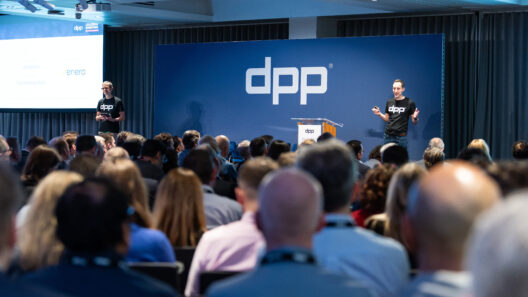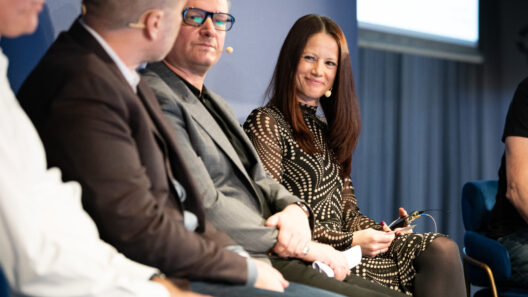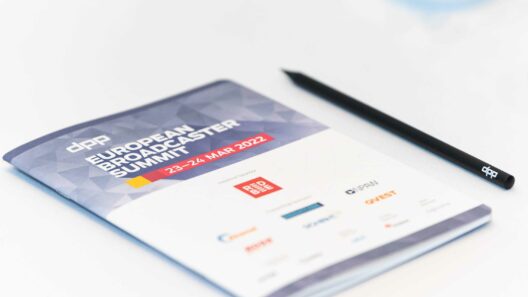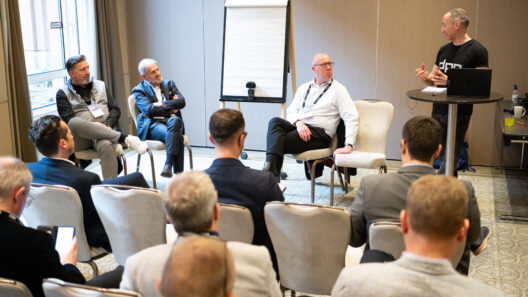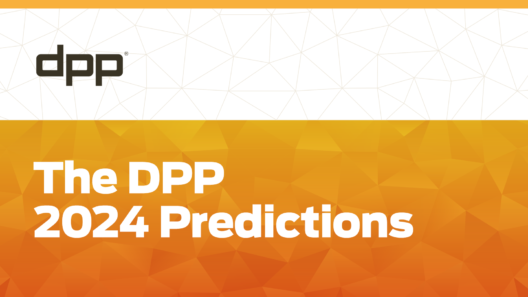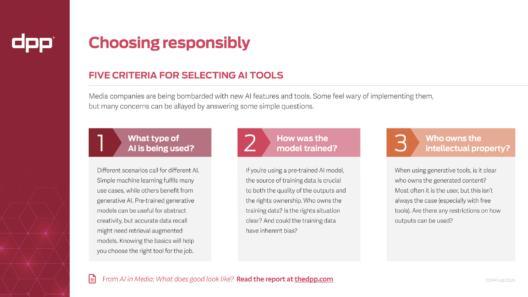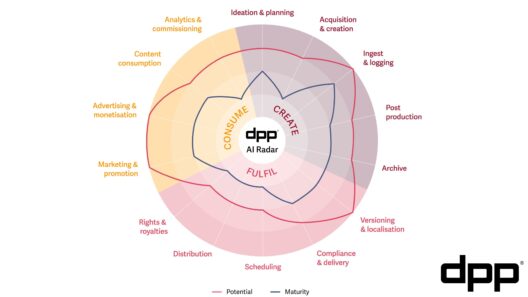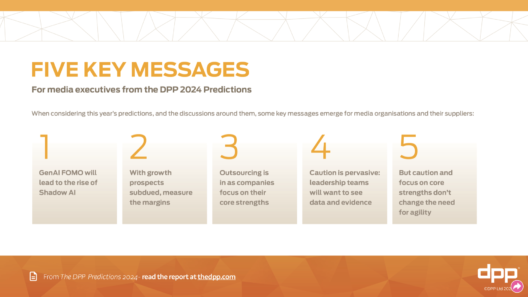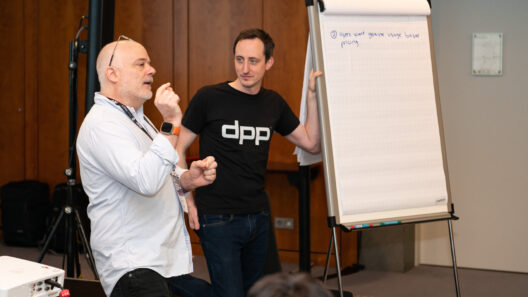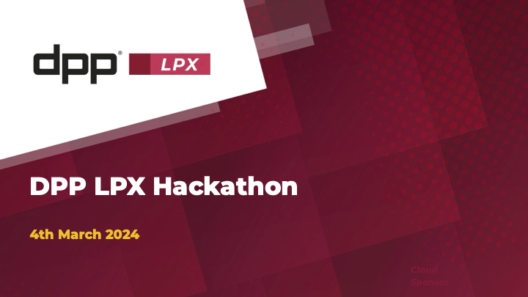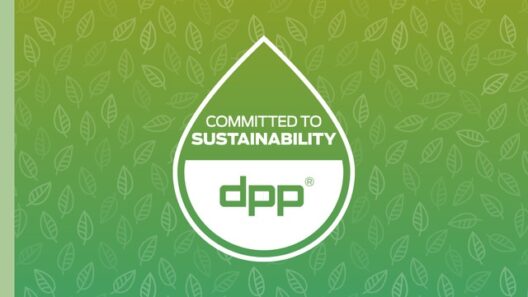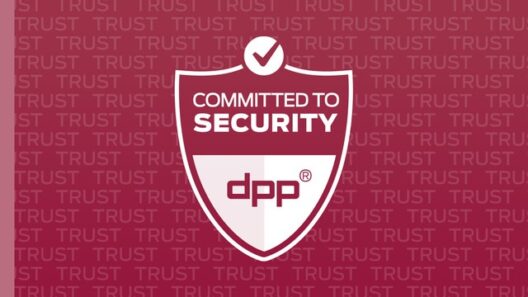A few months ago we revealed the DPP’s Committed to Sustainability score, and we published our environmental policy statement.
We’re making steady progress against our policy objectives and thought it might be useful to share our experiences, in the hope we can help others who are doing the same.
Right now we’re working on our reporting framework and have decided to align as far as possible with the Greenhouse Gas Protocol (GHG Protocol). This is the framework by which some corporations are required to report on their emissions.
In conducting research to understand and develop the scope of our reporting, we found the guidance document published by the World Resources Institute (WRI) “Working 9 to 5 on Climate Change: An Office Guide”, very helpful.
The document explains, in easy to understand terms, the idea behind the GHG Protocol and how it can be used by organisations of all sizes to report on their environmental impact. It helped us understand and develop our reporting boundaries, and gave guidance around the different “Scopes” that an organisation needs to consider when reporting, (e.g. Scope 1, Scope 2 and Scope 3 respectively).
The guidance helped us to understand that as a small organisation we don’t have any Scope 1 or Scope 2 reporting requirements, and clarified whether we’re required to report on our energy use. As it turns out, we’re in a fortunate position as our main energy supply is provided by our hosts ITV, who are in turn supplied with renewable energy.
So, under the GHG guidelines for reporting, Scope 1 (direct) and Scope 2 (indirect) emissions are out of scope for us. We have nonetheless taken the decision to measure our energy use as it is considered good practice. And although our energy is supplied from renewable sources, we still have an objective to reduce our usage.
We will therefore focus on Scope 3 (indirect emissions) reporting. This covers areas such as business travel using commercial flights, which also happens to be our biggest area of impact. In our public reporting we will reveal our estimated energy use.
We’ve still got more to do. We’re using the WRI guidance as well as official guidance from the UK Government around mandatory greenhouse gas emissions reporting, and hope to publish our data for 2019 very soon.
So if you’re thinking about developing your reporting framework, you might find the guidance mentioned here a good place to start. Once in place it will help you to achieve a higher score in the DPP Committed to Sustainability Programme - which is certainly what we're aiming to do.
Get involved
To find out more or get involved with this work please contact:
